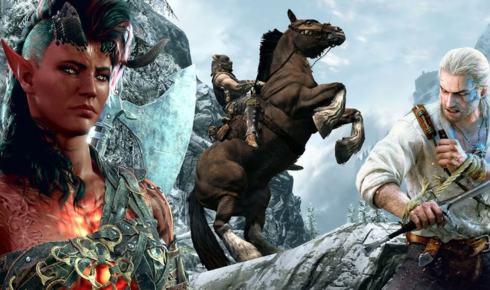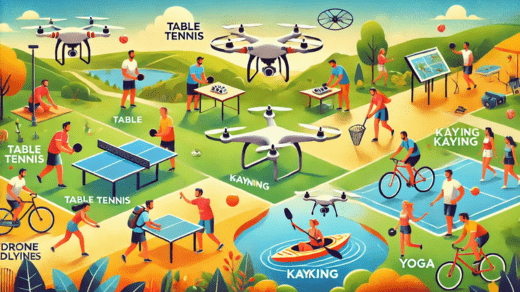
Ancient myths were once passed down orally, then captured in literature and art. Today, they’re being revived in an unexpected format: video games. From the Greek tragedies of Olympus to the mysticism of Norse cosmology, mythology has found fertile ground in game design.
What makes video games such a powerful platform for myth? Interactivity. Players don’t just read about gods and monsters — they face them, ally with them, or even become them.
Modern Myths in Digital Worlds
Games have always flirted with mythological themes, but recent titles have embraced them more explicitly and with greater nuance. In God of War (2018), players follow a reimagined Kratos as he grapples with Norse deities in a journey that is as emotional as it is epic.
Other games like Assassin’s Creed: Odyssey, Hades, and Immortals Fenyx Rising take creative liberties with Greek mythology, blending historical elements with divine fantasy. These games are not just entertaining — they spark curiosity about ancient cultures and beliefs.
Rewriting the Archetypes
Unlike traditional retellings, video games can subvert myths. In Hades, the player repeatedly tries to escape the Underworld, each death offering a new take on relationships with characters like Persephone, Nyx, and Thanatos. The cyclical gameplay mirrors the themes of fate and defiance found in classical mythology.
Even indie games have embraced this narrative flexibility. Titles like Apotheon or Jotun use 2D art inspired by ancient pottery and rune carvings to tell timeless stories in striking visual styles.
In some genres, even gambling and strategy elements echo mythic decision-making — trials, sacrifices, rewards — a subtle parallel you might notice in design frameworks across platforms like homebet88, where gameplay often balances fate with calculated risk.
Why Myth Still Matters
The resurgence of mythology in games isn’t just nostalgic — it speaks to something timeless. Myths address core human themes: power, betrayal, love, mortality, and chaos. Games offer a canvas for these themes to be experienced, not just observed.
They also serve educational purposes. Players may walk away from Assassin’s Creed Valhalla knowing more about Ragnarök or from Okami understanding the legends of Shinto Japan — all without opening a textbook.
Expanding Global Mythologies
While Western myths dominate most mainstream titles, there’s a growing appetite for stories from other cultures. Games like Never Alone spotlight Iñupiaq folklore, and Raji: An Ancient Epic introduces players to Hindu deities and epics.
This expansion is more than diversification — it’s a cultural revival. Video games are becoming a modern mythology engine, keeping stories alive by reinterpreting them for new generations.
Final Thoughts
Mythology in video games isn’t just a setting — it’s a storytelling blueprint. As technology advances, developers are discovering new ways to reinterpret ancient tales with interactivity and emotion. In doing so, they’re ensuring that these stories continue to evolve, inspire, and resonate — just as they have for centuries.
And unlike dusty scrolls or marble statues, these modern myths are playable.



